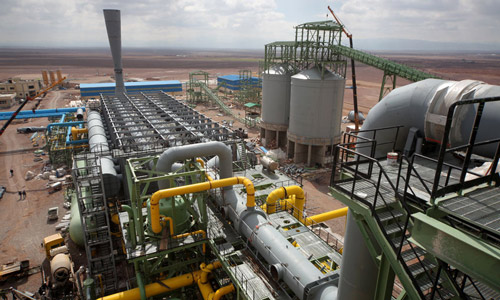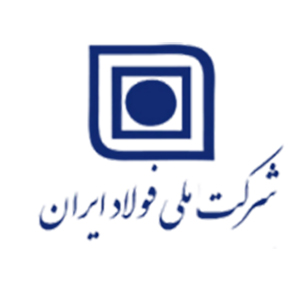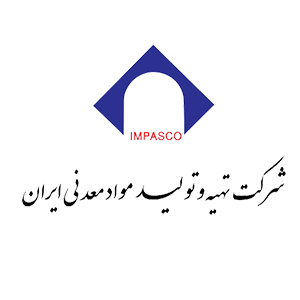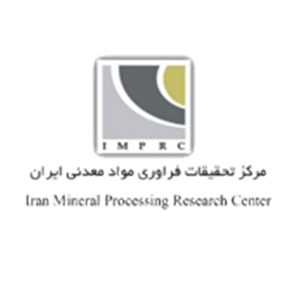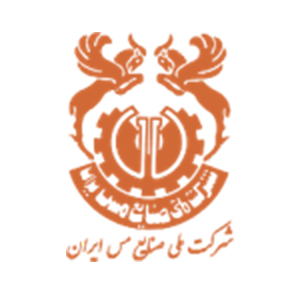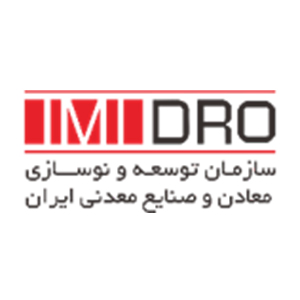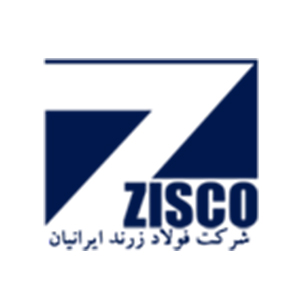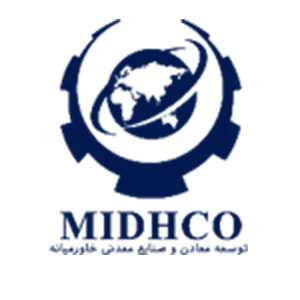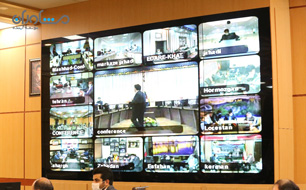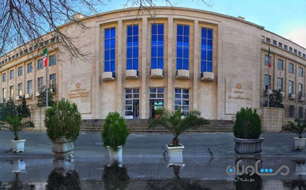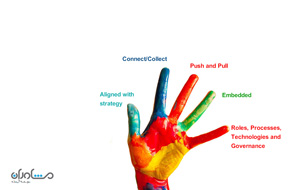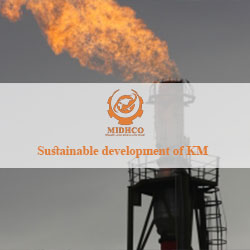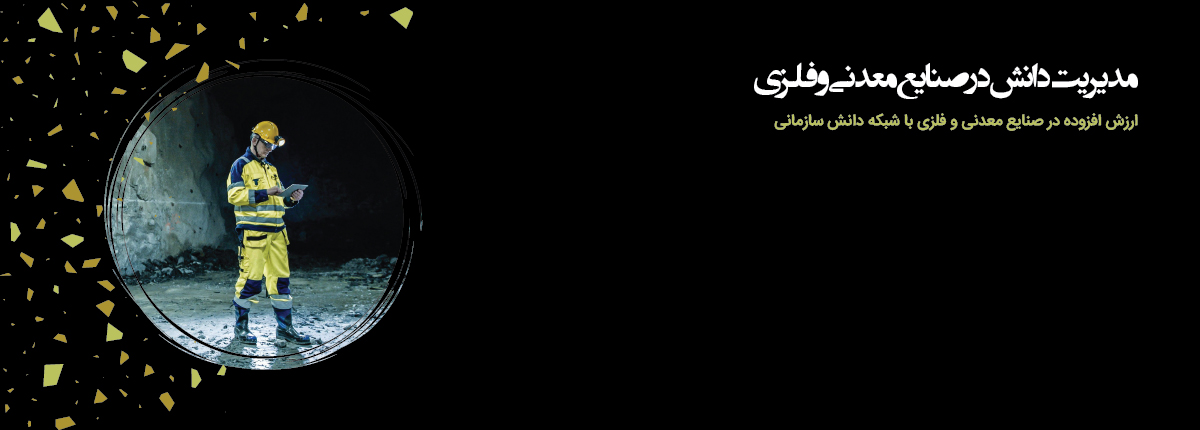
Mining
Knowledge sharing is an essential step in organizations to maintain competitiveness and increase operational effectiveness. In this way, organizations can improve operational performance and competitive advantage. Organizations use advanced knowledge technologies to achieve their goals, facilitate innovation and disseminate knowledge throughout the production chain, improve productivity, quality, and create a competitive advantage.
The mining industry is one of the oldest and most important industries. High dispersion in different operational points in this industry, utilization of temporary workers, and lessons learned and experiences created during projects are the characteristics of the mining industry. The high turnover of employees and the lack of a system to acquire, store, and share their knowledge and experience can cause irreparable damage in this industry and make learning a challenge. Therefore, knowledge management systems are essential for obtaining and managing knowledge assets in the mining industry.
Knowledge management systems are essential for creating and managing knowledge storage and distribution repositories. This eliminates multiple knowledge silos, related redundancies, and overhead costs. Recording and updating knowledge and methods to create knowledge flow in this industry ensures the effective implementation of the knowledge management system. This promotes innovation, helps improve processes by learning from past experiences, and increases productivity. It will also have a significant impact on preventing labor erosion. Because mining organizations generally operate in small companies located in areas where mining operations are taking place, a knowledge management system can enhance collaboration and shape a knowledge-based work environment.
The mining industry is one of the oldest and most important industries. High dispersion in different operational points in this industry, utilization of temporary workers, and lessons learned and experiences created during projects are the characteristics of the mining industry. The high turnover of employees and the lack of a system to acquire, store, and share their knowledge and experience can cause irreparable damage in this industry and make learning a challenge. Therefore, knowledge management systems are essential for obtaining and managing knowledge assets in the mining industry.
Knowledge management systems are essential for creating and managing knowledge storage and distribution repositories. This eliminates multiple knowledge silos, related redundancies, and overhead costs. Recording and updating knowledge and methods to create knowledge flow in this industry ensures the effective implementation of the knowledge management system. This promotes innovation, helps improve processes by learning from past experiences, and increases productivity. It will also have a significant impact on preventing labor erosion. Because mining organizations generally operate in small companies located in areas where mining operations are taking place, a knowledge management system can enhance collaboration and shape a knowledge-based work environment.
Alcoa World Alumina
AAlcoa is an international manufacturer of alumina and primary aluminum with more than one hundred years of experience producing primary products, rolled products, and engineering solutions in the aluminum industry. With more than 60,000 employees in about 30 countries, Alcoa has an annual revenue of over $ 25 billion.
The Global Aluminum Production Division (AWA) is responsible for the Bayer process, which involves the extraction of bauxite ore and its refining into alumina. Effective knowledge sharing and transfer of methods can be used at any stage of the Bayer process, but Alcoa knowledge management software focuses specifically on the refining phase. Although the technologies and equipment vary depending on the facility's age, the process at each of these stations is precisely the same. This software creates an ideal environment for knowledge sharing.
The Global Aluminum Production Division (AWA) is responsible for the Bayer process, which involves the extraction of bauxite ore and its refining into alumina. Effective knowledge sharing and transfer of methods can be used at any stage of the Bayer process, but Alcoa knowledge management software focuses specifically on the refining phase. Although the technologies and equipment vary depending on the facility's age, the process at each of these stations is precisely the same. This software creates an ideal environment for knowledge sharing.
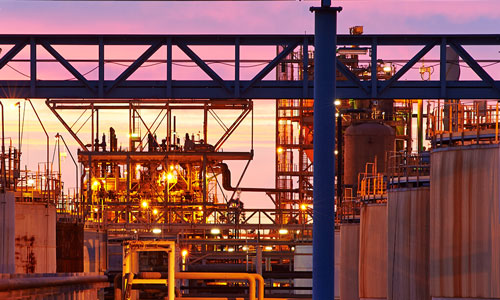
Alcoa Knowledge Management Program
Alcoa (Aluminum) Knowledge Management Program focuses on transferring methods across the organization's operating stations. The program officially began in 2004 when the Refining Group launched its first expert association. In 2009, AWA's knowledge management efforts expanded by creating the "Production Excellence" software.
The tasks of this software are:
• Design and management of the Alcoa Business System (ABS), which includes a set of standards that determine how things are done.
• Initiator of the production process, productivity and product quality improvement and operational reviews, as well as meetings, focused on the operational unit;
• Responsible for all knowledge management activities, including expert associations and the formation of inclusive virtual teams.
Alcoa (Aluminum) Knowledge Management Program focuses on transferring methods across the organization's operating stations. The program officially began in 2004 when the Refining Group launched its first expert association. In 2009, AWA's knowledge management efforts expanded by creating the "Production Excellence" software.
The tasks of this software are:
• Design and management of the Alcoa Business System (ABS), which includes a set of standards that determine how things are done.
• Initiator of the production process, productivity and product quality improvement and operational reviews, as well as meetings, focused on the operational unit;
• Responsible for all knowledge management activities, including expert associations and the formation of inclusive virtual teams.

Key Success Factors
AlAlcoa Knowledge Management Team points to the following critical success factors for its knowledge management program:
• Knowledge management software is formally recognized and legitimized by senior executives.
• The transfer of methods to the organization is recognized as a critical facilitator, and expert associations and knowledge management activities and participation are seen as crucial building blocks in long-term improvement.
• The knowledge management team collects as much feedback as possible from internal customers and improves its approaches. It also ensures that employees receive sufficient value from the time they devote to KM.
• The knowledge management team focuses on technology to help staff with their tasks and does not involve themselves in face-to-face encounters. Strong support and results from the knowledge management team lead to critical thinking about improving business operations.
• Knowledge management software is formally recognized and legitimized by senior executives.
• The transfer of methods to the organization is recognized as a critical facilitator, and expert associations and knowledge management activities and participation are seen as crucial building blocks in long-term improvement.
• The knowledge management team collects as much feedback as possible from internal customers and improves its approaches. It also ensures that employees receive sufficient value from the time they devote to KM.
• The knowledge management team focuses on technology to help staff with their tasks and does not involve themselves in face-to-face encounters. Strong support and results from the knowledge management team lead to critical thinking about improving business operations.
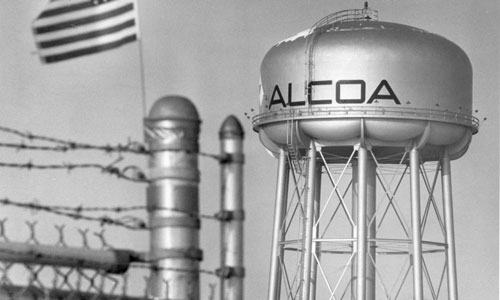
MTAShare and Mining indusrty
MTAShare has created many best practices in the mining industry. Mobarake Steel Company, KSC, IMIDRO, and many other giant companies have used MTAShare perfectly and with great impacts. As an example, the Middle East Mining and Mining Industries Development Holding Company (MIDHCO) operates intending to invest in its mines and mining industries. The extensive and diverse knowledge and organizational experience and project-oriented nature of this holding led the company to cooperate with MTA to implement MTAShare in the headquarters and six subsidiaries in December 2014.
To continuously grow and development of the holding organization's measures, the first development plan was formed with MTA. MIDHCO created a knowledge-sharing environment by MTAShare and some indicators like 5000 users and 70K knowledge packages have been achieved.
